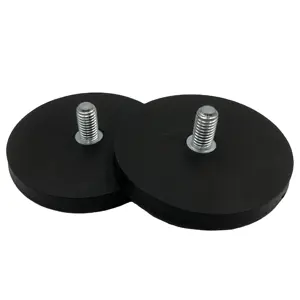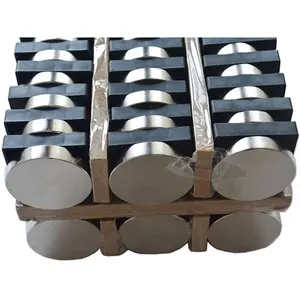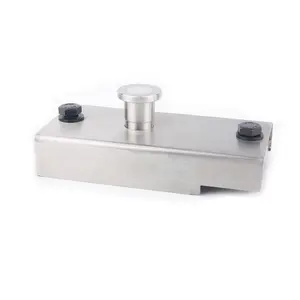Understanding Permanent Magnets
Permanent magnets are fundamental components in various industrial and commercial applications. Their ability to maintain a magnetic field without the need for external power makes them invaluable in many settings. This category encompasses a range of materials and configurations, each tailored to specific uses and operational demands.
Types and Configurations
The diversity of permanent magnets is evident in their various forms, such as blocks, discs, rings, and custom shapes, each suited to different applications. Materials like neodymium, iron, and boron combine to form robust structures, with neodymium magnets being particularly noted for their strong magnetic fields. The configuration of these magnets significantly influences their interaction with other components, making the selection process critical to the success of their application.
Applications and Utility
Industrial magnets play a pivotal role in manufacturing and engineering. They are integral to the function of electric motors, generators, and sensors, as well as in magnetic separation equipment. The versatility of magnets for sale extends to consumer goods, where they are embedded in electronics, packaging, and even in magnetic therapy products, showcasing their broad utility.
Features and Material Properties
The intrinsic properties of permanent magnets contribute to their widespread use. Their durability and the permanent nature of their magnetism mean they are a long-term solution in applications requiring a consistent magnetic field. The materials used in these magnets are chosen for their magnetic strength, resistance to demagnetization, and their ability to withstand various environmental conditions. Some are coated with protective layers such as black epoxy to prevent corrosion and enhance durability.
Advantages of Permanent Magnets
The advantages of utilizing permanent magnets are numerous. They require no electrical power to maintain their magnetic field, which can result in energy savings and increased reliability in many applications. Their sustainability is another key benefit, as they can be reused and repurposed, minimizing waste. The maintenance needs of permanent magnetic materials are minimal, further adding to their appeal in cost-sensitive operations.
Customization and Sustainability
Custom magnets are available to meet specific needs, with options for different shapes, sizes, and magnetic strengths. This customization ensures that the magnets can be precisely integrated into various products and machinery. Additionally, the sustainable aspect of these magnets is evident in their long service life and the potential for recycling, aligning with eco-friendly business practices and contributing to a more sustainable industrial environment.


































 浙公网安备 33010002000092号
浙公网安备 33010002000092号 浙B2-20120091-4
浙B2-20120091-4